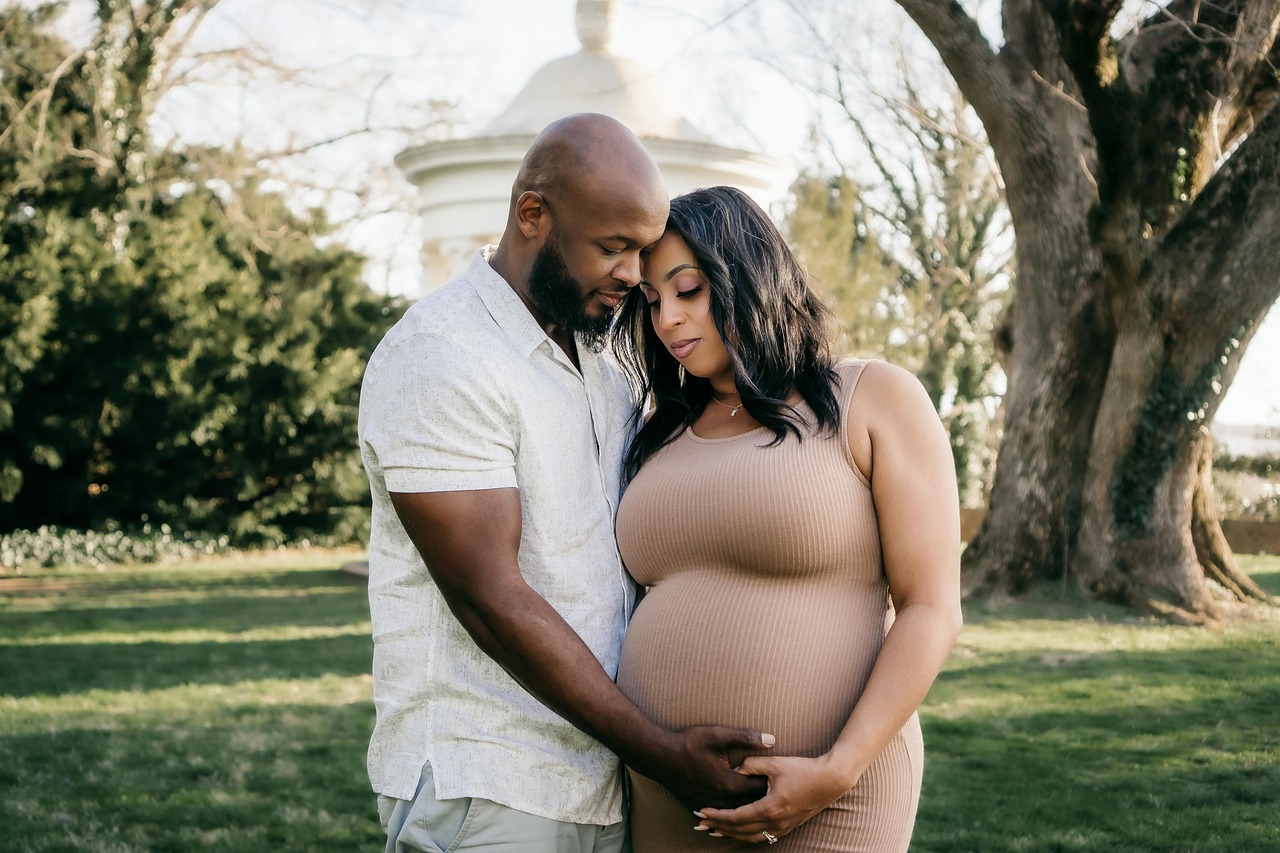The cornerstone of any healthy and fulfilling relationship, whether romantic, platonic, or familial, lies in mutual respect. Without it, relationships can crumble, leading to resentment, distrust, and ultimately, dissolution. Understanding what respect truly means in a relationship, and actively cultivating it, is paramount to building lasting bonds that enrich our lives. This post will explore the multifaceted nature of respect in relationships and provide actionable steps to foster it.
Understanding the Foundations of Respect in Relationships
Defining Respect: More Than Just Politeness
Respect in relationships goes beyond simply saying “please” and “thank you.” It’s a deep-seated appreciation for your partner’s worth, values, feelings, and boundaries. It involves acknowledging their individuality and treating them with dignity, even when you disagree.
- It’s about valuing their opinions: Even if you don’t share the same viewpoints, you acknowledge the validity of their perspective.
- It’s about respecting their boundaries: Understanding and adhering to their physical, emotional, and mental limits.
- It’s about trusting their judgment: Believing in their ability to make sound decisions for themselves.
- It’s about appreciating their contributions: Acknowledging the value they bring to the relationship.
The Absence of Respect: Red Flags to Watch For
Lack of respect can manifest in various subtle and overt ways. Being aware of these signs is crucial for identifying and addressing the issue early on.
- Disrespectful Communication: This includes name-calling, belittling remarks, sarcasm, constant criticism, and interrupting. For example, dismissing your partner’s concerns with phrases like, “You’re being dramatic,” or “That’s ridiculous.”
- Ignoring Boundaries: Consistently overstepping personal boundaries, such as borrowing belongings without permission, invading personal space, or disregarding their requests for alone time.
- Controlling Behavior: Attempting to dictate their actions, friendships, or personal choices. This can be subtle, such as guilt-tripping, or overt, such as outright forbidding certain activities.
- Lack of Empathy: Failing to understand or acknowledge their feelings. This might involve dismissing their emotions or minimizing their experiences.
- Dishonesty and Betrayal: Lying, cheating, or breaking promises erode trust and demonstrate a fundamental lack of respect.
How Respect Impacts Different Types of Relationships
Romantic Relationships: A Bond Built on Mutual Admiration
In romantic relationships, respect is the bedrock of intimacy, trust, and long-term commitment. Without it, the relationship can become toxic and unsustainable.
- Example: Consider a couple where one partner consistently dismisses the other’s career aspirations. This lack of respect can lead to feelings of inadequacy and resentment, damaging the relationship’s foundation.
- Actionable Tip: Practice active listening and validation. When your partner shares their dreams or challenges, listen attentively and acknowledge their feelings, even if you don’t fully understand them.
Friendships: The Foundation of Enduring Camaraderie
Respect is equally vital in friendships. It ensures a supportive and nurturing environment where both individuals feel valued and appreciated.
- Example: Imagine a friendship where one person constantly talks over the other or belittles their interests. This can create a sense of unease and eventually lead to the dissolution of the friendship.
- Actionable Tip: Be mindful of your friend’s time and commitments. Respect their boundaries by being punctual, avoiding excessive demands, and offering support when needed.
Family Relationships: Navigating Complex Dynamics with Respect
Family relationships, often complex and deeply rooted, require a conscious effort to cultivate respect, particularly when dealing with differing opinions and intergenerational gaps.
- Example: A parent who consistently dismisses their adult child’s life choices, without considering their perspective, demonstrates a lack of respect.
- Actionable Tip: Strive to understand your family members’ perspectives, even if you disagree with them. Practice empathy and avoid imposing your own beliefs on them.
Cultivating Respect: Practical Strategies for Growth
Effective Communication: The Key to Understanding and Connection
Communication is the cornerstone of any respectful relationship. It allows us to express our needs, understand each other’s perspectives, and resolve conflicts constructively.
- Active Listening: Pay attention to what your partner is saying, both verbally and nonverbally. Avoid interrupting, and focus on understanding their point of view.
- Clear and Honest Expression: Express your feelings and needs in a clear, direct, and respectful manner. Avoid passive-aggressive behavior or blaming.
- Using “I” Statements: Frame your concerns using “I” statements to avoid blaming or accusing your partner. For example, instead of saying “You always make me feel…”, try “I feel…when…”.
- Seeking Clarification: Don’t assume you understand what your partner means. Ask clarifying questions to ensure you are on the same page.
Setting and Respecting Boundaries: Defining the Limits of Acceptable Behavior
Boundaries are essential for maintaining healthy relationships. They define the limits of what you are comfortable with and protect your emotional and physical well-being.
- Identify Your Boundaries: Take time to reflect on your personal boundaries, including your physical, emotional, and mental limits.
- Communicate Your Boundaries Clearly: Express your boundaries assertively and clearly to your partner. Be specific about what you are comfortable with and what you are not.
- Respect Your Partner’s Boundaries: Honor your partner’s boundaries, even if you don’t fully understand them. Remember that they have the right to set their own limits.
- Enforce Your Boundaries Consistently: Consistently enforce your boundaries to ensure they are respected. Don’t give in to pressure or manipulation.
Showing Appreciation: Acknowledging and Valuing Your Partner
Expressing appreciation for your partner is a powerful way to cultivate respect and strengthen your bond.
- Verbal Affirmation: Tell your partner how much you appreciate them. Express your gratitude for their kindness, support, and love.
- Acts of Service: Show your appreciation through acts of service, such as doing chores, running errands, or helping with tasks.
- Quality Time: Spend quality time together, focusing on each other’s needs and interests. Put away distractions and be fully present.
- Gifts: Give thoughtful gifts that show you understand and appreciate your partner’s interests and preferences.
Addressing Disrespectful Behavior: Steps for Resolution
Identifying the Root Cause: Understanding the Underlying Issues
Before addressing disrespectful behavior, it’s crucial to identify the underlying issues contributing to it.
- Self-Reflection: Take time to reflect on your own behavior and identify any ways in which you may be contributing to the problem.
- Open Communication: Engage in open and honest communication with your partner to discuss the issue and identify the root cause.
- Seeking Professional Help: If you are struggling to identify the root cause or resolve the issue on your own, consider seeking professional help from a therapist or counselor.
Implementing Strategies for Change: Working Towards a More Respectful Relationship
Once you have identified the root cause of disrespectful behavior, you can implement strategies for change.
- Setting Clear Expectations: Communicate your expectations for respectful behavior clearly and assertively.
- Establishing Consequences: Establish consequences for disrespectful behavior, such as taking a break from the conversation or seeking professional help.
- Practicing Empathy: Practice empathy by trying to understand your partner’s perspective and feelings.
- Seeking Professional Guidance: Therapy or counseling can provide a safe space to address underlying issues and develop healthier communication patterns. According to the American Association for Marriage and Family Therapy (AAMFT), couples therapy has a success rate of around 70%.
Conclusion
Respect is not merely a desirable trait in relationships; it’s an essential ingredient for building strong, healthy, and lasting bonds. By understanding what respect truly entails, actively cultivating it in our interactions, and addressing disrespectful behavior head-on, we can create relationships that thrive on mutual admiration, trust, and unwavering support. Remember that fostering respect is an ongoing process that requires commitment, empathy, and a willingness to grow together. By prioritizing respect, we not only enrich our relationships but also contribute to our own personal well-being and happiness.




